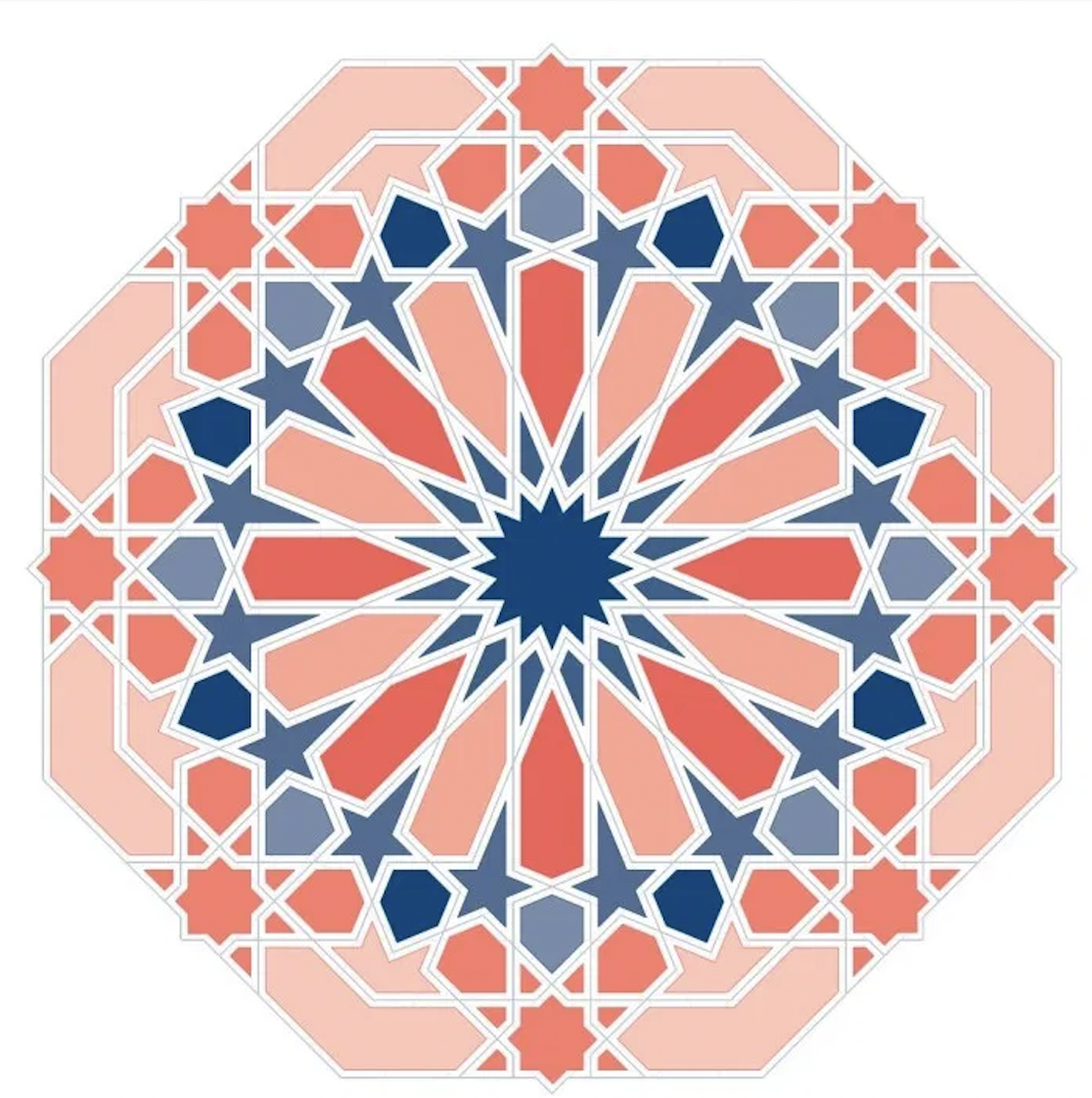Malik Ambar: Ethiopian ruler in India who resisted might of Mughal Empire
SERIES: Over 1,000 years of Islam in India
Malik Ambar (1548 – 13 May 1626), was a military leader and prime minister of the Ahmadnagar Sultanate in the Deccan region of India.
Born in present-day Ethiopia, Malik was brought to India as a slave, with Changiz Khan, the Prime Minister of Ahmadnagar.
He developed excellent military and governance skills.
When Changiz Khan died, Malik became a free man, and worked for Abhang Khan, an Abyssinian noble.
Malik quickly became a famed mercenary, creating a force of up to 1500 men. These men were of diverse backgrounds including African, Arabs and Indians.
He impressed the Sultan of Ahmadnagar, as his force was able to protect the Deccan against the might of the Mughal Empire.
He became a thorn in the side of the Mughals, as his military skills kept them at bay, defeating their forces on many occasions.
His challenge to the Mughal Empire made him famous, and he soon became known as ‘Malik’, a title which means King in Arabic.
Malik helped to organise the Sultan’s military, “introduced a sophisticated irrigation system, built several palaces, and even married his children into the families of Indian nobility with the aim of integrating Africans into the South Asian elite.” (Ufuk Necat Tasci, TRT World)
He died in 1626 at the age of 86. He made a great impact and his memory lives on.
To this day Malik Ambar remains one of the best-known African Muslims on the Indian subcontinent. His tomb still stands in the city of Khuldabad.
